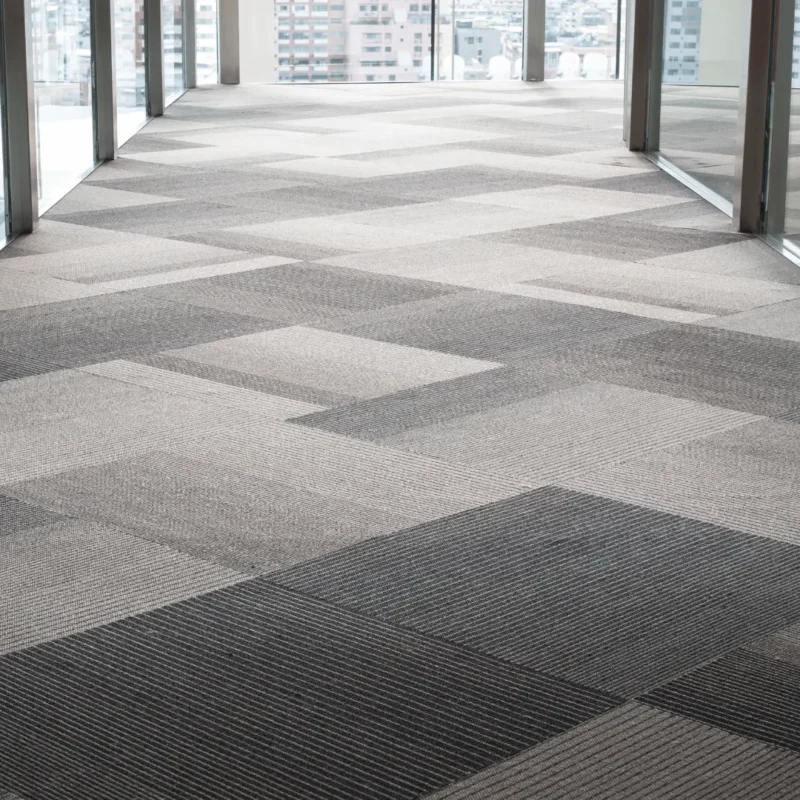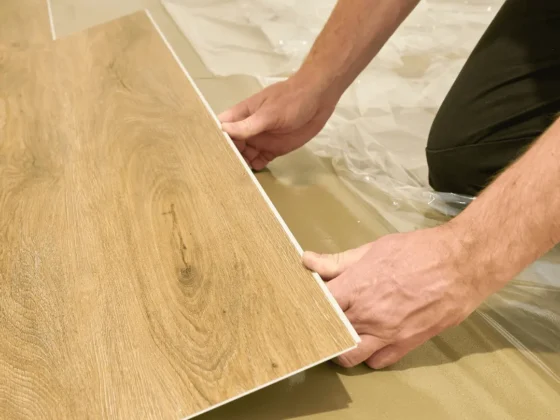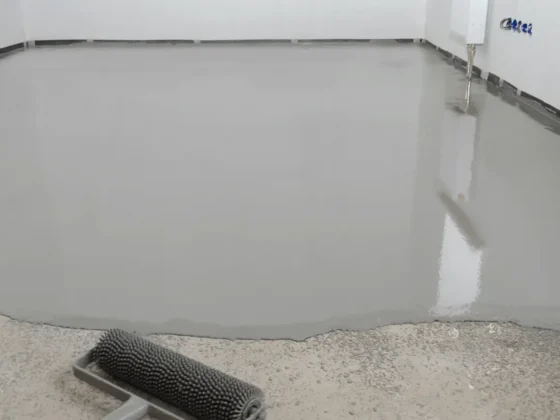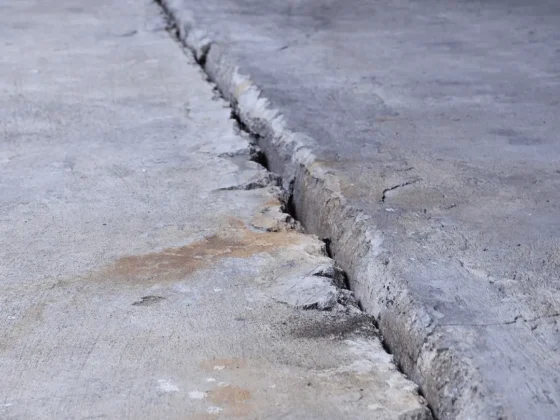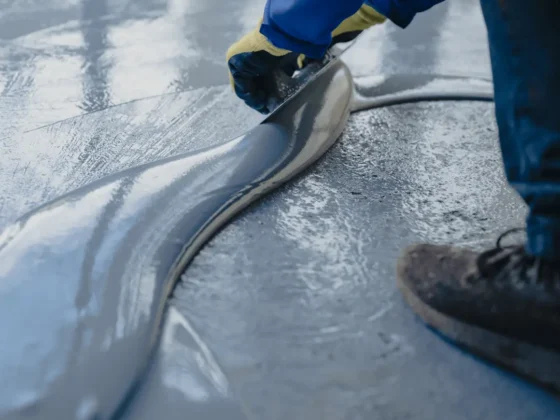Choosing the right flooring option for your home can be a challenging task, especially when you need to balance cost, durability, and aesthetic appeal. Among the many options available, carpet and epoxy flooring stand out due to their unique benefits and distinct cost structures.
This blog will delve into the costs associated with the price for carpet per square foot and epoxy flooring to help you determine which is more economical for your residential needs.
Understanding Carpet Flooring Costs
Carpet remains a popular choice for homeowners due to its comfort, warmth, and variety of styles and colors. The cost of carpet can vary significantly based on the material, quality, and installation fees.
On average, carpet prices range from $3 to $7 per square foot, including installation. High-end carpets made from wool or other premium materials can cost upwards of $10 per square foot.
When considering carpet, it’s essential to factor in the cost of padding and underlayment, which can add an extra $1 to $2 per square foot. Moreover, the complexity of the installation, such as patterned carpets or intricate room layouts, can increase labor costs.
Breaking Down Epoxy Flooring Costs
Epoxy flooring is known for its durability, resistance to stains and chemicals, and sleek, modern appearance. It’s commonly used in garages, basements, and commercial settings but is also becoming increasingly popular in residential spaces.
The cost of epoxy flooring can range from $3 to $12 per square foot. However, depending on the type of epoxy, the condition of the existing floor, and the complexity of the installation.
A basic garage floor epoxy application typically costs between $3 and $7 per square foot, while more decorative options with multiple layers, metallic finishes, or custom designs can reach $12 per square foot or more.
The preparation of the existing floor, such as cleaning, repairing cracks, or leveling, can also impact the total cost. An epoxy floor contractor, like Apex Epoxy Flooring, can provide a detailed estimate based on your specific requirements.
Comparing the Durability and Maintenance
One of the primary considerations when choosing between carpet and epoxy flooring is durability. Epoxy flooring is renowned for its toughness and longevity, often lasting 10-20 years with minimal maintenance. It’s resistant to water, chemicals, and heavy wear, making it an excellent choice for areas prone to spills, such as garages or basements.
In contrast, carpet can show signs of wear and tear more quickly, especially in high-traffic areas, and may require replacement every 5-10 years.
Maintenance is another critical factor. Epoxy floors are easy to clean and require little more than regular sweeping and occasional mopping. Carpet, on the other hand, can be challenging to maintain, requiring regular vacuuming and professional cleaning to remove dirt, stains, and allergens.
Over time, the cost of maintaining carpet can add up, potentially making it more expensive than epoxy flooring in the long run.
Aesthetic Considerations
Aesthetics play a significant role in flooring decisions. Carpet offers a cozy and comfortable feel, ideal for bedrooms and living rooms. It provides sound insulation and a soft surface underfoot.
Epoxy flooring, however, offers a sleek, modern look that can be customized with various colors, patterns, and finishes. Residential floor epoxy can create a high-end, polished appearance in kitchens, bathrooms, and even living areas, adding a unique touch to your home’s interior design.
Environmental Impact
When it comes to environmental considerations, both carpet and epoxy flooring have their pros and cons. Carpet, especially those made from natural fibers like wool, can be environmentally friendly.
However, synthetic carpets made from petroleum-based materials can contribute to environmental pollution. In addition, carpets can harbor allergens and dust mites, affecting indoor air quality.
Epoxy flooring’s longevity and minimal maintenance needs can offset some of these concerns. Choosing low-VOC (volatile organic compounds) epoxy products can help reduce its environmental footprint.
Making the Right Choice
While carpet may have a lower upfront cost, its shorter lifespan and higher maintenance requirements can make it more expensive over time. Epoxy flooring, with its durability and low maintenance, can be a more economical choice in the long run, especially for high-traffic areas or spaces prone to spills and stains. For homeowners looking to enhance their garages or basements, garage floor epoxy offers a cost-effective and durable solution. Consulting with an epoxy floor installer can provide valuable insights and help you make an informed decision tailored to your specific needs and budget.
